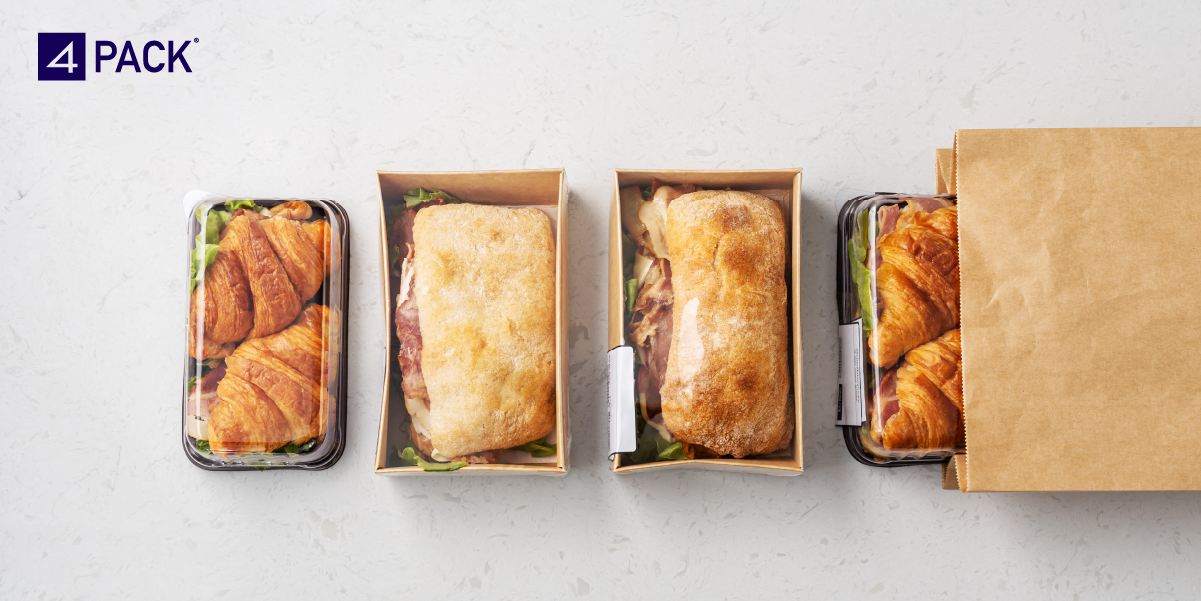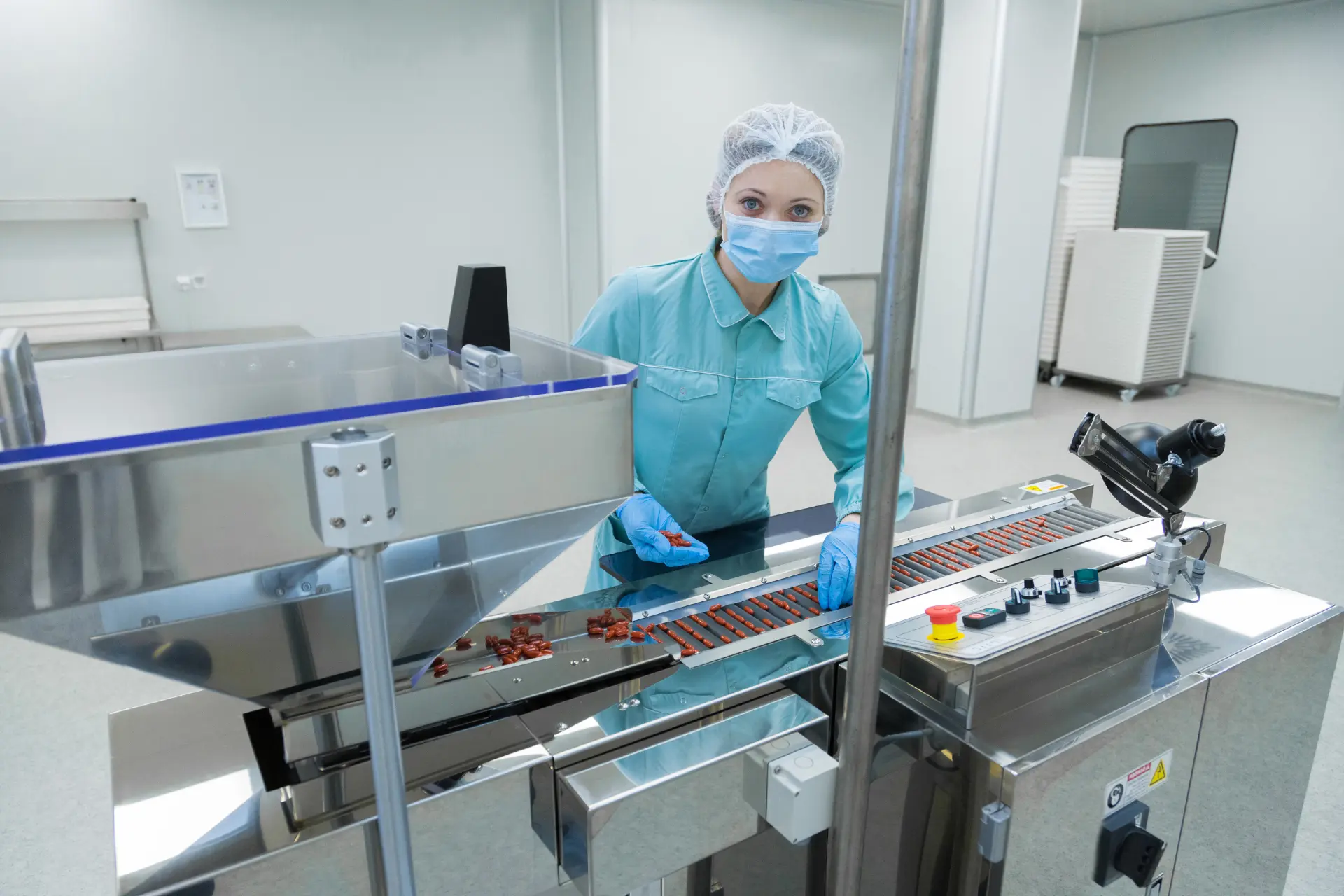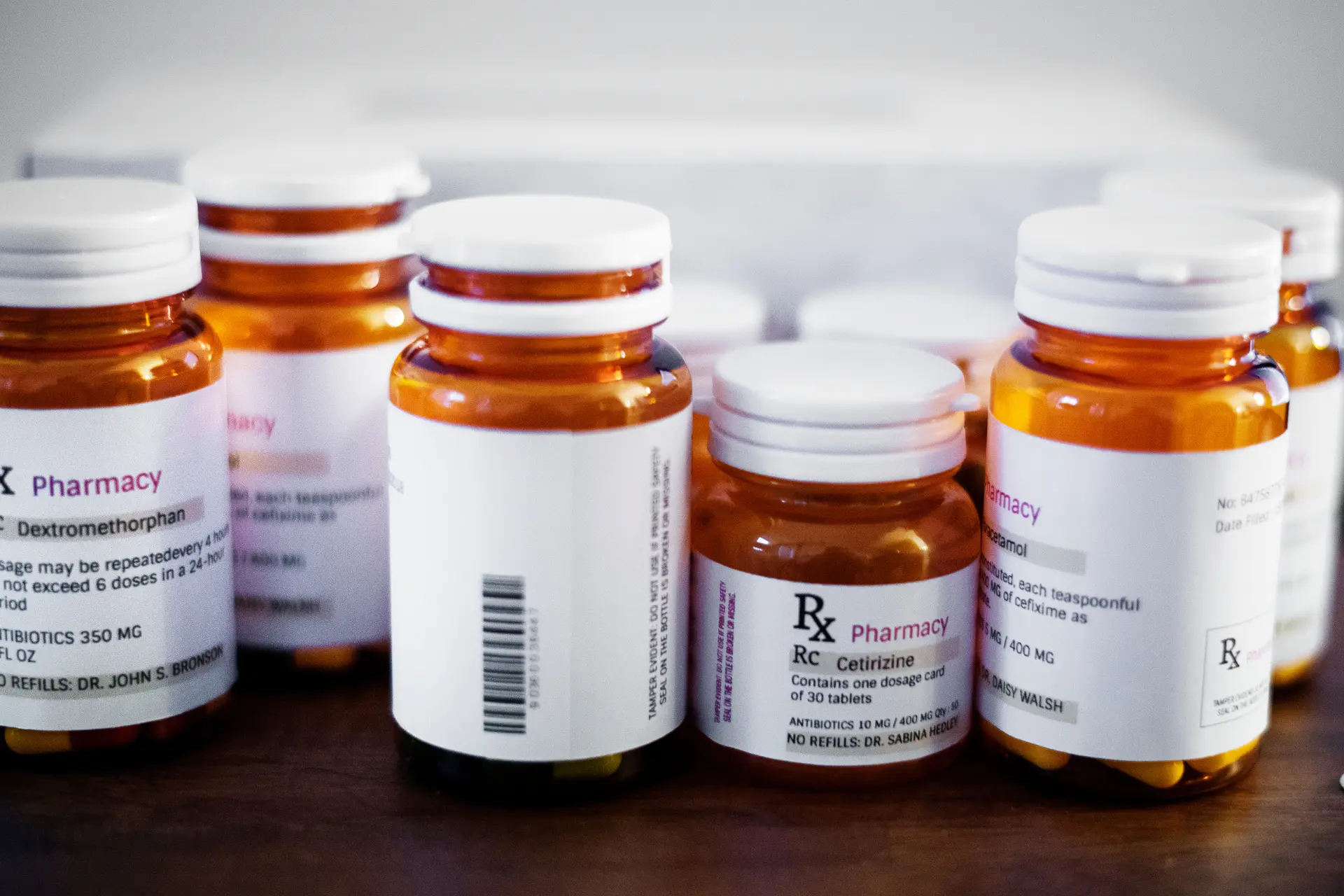Introduction To The Need For Sustainable Food Packaging
As the world grapples with environmental challenges, the food packaging industry is under increasing scrutiny to adopt sustainable practices. Sustainable food packaging not only minimises environmental impact but also helps companies comply with stringent regulations. This article delves into the essentials of sustainable food packaging, the regulatory framework, key requirements, and strategies to meet compliance. We also explore innovations, challenges, and future trends in this critical field, with a focus on the UK market.
Understanding Sustainable Food Packaging
Sustainable food packaging refers to the development and use of packaging solutions that have minimal environmental impact throughout their lifecycle. These solutions are designed to reduce waste, promote recyclability, and use eco-friendly materials.
The benefits of sustainable food packaging are manifold. It reduces the carbon footprint, conserves natural resources, and supports waste management initiatives. Moreover, it can enhance a company’s brand image by demonstrating a commitment to environmental stewardship.
Regulatory Framework for Sustainable Food Packaging
The regulatory landscape for sustainable food packaging is complex and varies across regions. Understanding these regulations is crucial for companies operating in multiple markets, including the UK.
European Union and the UK
Although the UK has left the European Union, many of its regulations on sustainable packaging are still aligned with EU standards. The EU Packaging and Packaging Waste Directive aims to prevent packaging waste, promote recycling, and ensure the free movement of packaged goods within the EU. The UK has retained similar stringent guidelines on material composition, recycling rates, and labelling.
In the UK, the Environment Bill includes measures to reduce plastic waste and encourage recycling. The Plastic Packaging Tax, introduced in April 2022, imposes a tax on plastic packaging that does not contain at least 30% recycled content. Additionally, the UK adheres to the principles of Extended Producer Responsibility (EPR), which places the onus on producers to manage the end-of-life disposal of their packaging.
Key Requirements for Sustainable Food Packaging
To comply with sustainable packaging regulations, companies must focus on several key areas:
Material Requirements
- Biodegradable materials: These materials break down naturally in the environment, reducing long-term waste. Examples include plant-based plastics and paper products.
- Recyclable materials: Packaging made from materials like glass, metal, and certain plastics can be recycled and repurposed, minimising waste.
- Compostable materials: These materials decompose into organic matter under composting conditions, contributing to soil health.
Manufacturing Processes
- Energy efficiency: Sustainable manufacturing processes use less energy and reduce greenhouse gas emissions.
- Reduction of carbon footprint: Companies must aim to lower their carbon emissions through efficient production methods and sustainable energy sources.
Product Lifecycle and End-of-Life Considerations
- Reusability: Packaging designed for multiple uses helps reduce waste and conserves resources.
- Waste management: Effective waste management practices, such as recycling and composting, are essential for sustainable packaging.
Meeting Compliance: Best Practices and Strategies
Meeting regulatory requirements for sustainable packaging involves a multifaceted approach:
Conducting a Packaging Audit
An audit helps identify areas for improvement in current packaging practices. It assesses the materials used, production processes, and waste management strategies.
Sourcing Sustainable Materials
Using eco-friendly materials is a fundamental step. Companies should seek suppliers who provide certified sustainable materials and verify their claims.
Implementing Eco-friendly Manufacturing Processes
Adopting energy-efficient technologies and reducing waste in manufacturing are critical steps. Companies should invest in innovations that lower their environmental impact.
Ensuring Proper Labelling and Documentation
Clear and accurate labelling helps consumers make informed choices and ensures compliance with regulations.
- Environmental claims: Labels should accurately reflect the environmental benefits of the packaging materials and processes used.
- Certifications and standards: Obtaining certifications from recognised bodies can enhance credibility and ensure compliance.
Innovations in Sustainable Food Packaging
Innovation is key to advancing sustainable packaging. Emerging materials and technologies are paving the way for more eco-friendly solutions.
Emerging Materials and Technologies
- Edible packaging: Made from food-grade materials, edible packaging eliminates waste entirely.
- Plant-based plastics: These plastics are derived from renewable resources and are often biodegradable or compostable.
Case Studies of Successful Implementations
- Companies leading the way: Several companies have successfully adopted sustainable packaging practices, setting examples for the industry. For instance, UK-based supermarket chains like Tesco and Sainsbury’s have introduced initiatives to reduce plastic use and promote recyclable packaging.
- Lessons learned: These case studies provide valuable insights into overcoming challenges and achieving sustainability goals.
Challenges and Solutions In Sustainable Food Packaging
While the shift to sustainable packaging offers numerous benefits, it also presents challenges.
Common Obstacles in Adopting Sustainable Packaging
- Cost considerations: Sustainable materials and processes can be more expensive than traditional options.
- Supply chain issues: Ensuring a steady supply of sustainable materials can be challenging, especially in times of high demand.
Strategies to Overcome Challenges
- Collaboration and partnerships: Working with suppliers, industry peers, and regulatory bodies can help address common challenges.
- Investing in research and development: Continuous innovation is essential to develop cost-effective and efficient sustainable packaging solutions.
Future Trends in Sustainable Food Packaging
The landscape of sustainable packaging is continually evolving, with new trends and technologies emerging.
Predictions for Regulatory Changes
As awareness of environmental issues grows, regulations are expected to become more stringent. Companies must stay informed about upcoming changes to remain compliant.
Upcoming Technologies and Innovations
Future advancements may include smarter packaging solutions, such as materials that can monitor food freshness or packaging that is easier to recycle.
Industry Outlook and Projections
The demand for sustainable packaging is projected to increase, driven by consumer preferences and regulatory pressures. Companies that invest in sustainable practices now will be better positioned to thrive in the future.
How 4Pack Solutions Can Help
Data Management in Packaging Sustainability
4Pack revolutionises packaging data management by creating a centralised repository for all essential information. This centralised system includes detailed records on materials, suppliers, carbon emissions, waste generation, and recycling initiatives, establishing a reliable, single version of the truth.
With 4Pack, crucial data is readily accessible to all who require it, significantly enhancing workflows and decision-making processes. By providing a unified and accurate data foundation, our platform simplifies reporting for packaging levies and compliance with regulatory demands. It automates the supply of data required for ESG reporting, generating detailed reports effortlessly. This not only streamlines the compliance process but also mitigates the risk of errors, facilitating timely reporting and underscoring your dedication to sustainable practices.
Understanding the vital role of collaboration in advancing sustainability objectives, 4Pack makes critical packaging data accessible to your team and your supply chain partners. This fosters an environment conducive to stakeholder engagement, promoting effective communication, shared data access, and collaborative project management. As a result, you and your partners can meet sustainability targets more efficiently.
Helping You Achieve Your Sustainability Goals
4Pack solutions ensure that sustainability considerations are integrated into your product and packaging development processes from the start. By embedding environmental checks and balances at every stage, 4Pack helps embed sustainability into your business culture and product innovation, leading to more eco-friendly designs and processes.
With 4Pack, you can establish clear and measurable sustainability goals aligned with your business objectives and packaging requirements. Our software supports you in tracking progress and identifying areas for improvement, allowing for informed decision-making and proactive steps towards positive environmental outcomes.
In essence, 4Pack offers a comprehensive approach to packaging data management, focusing on sustainability and regulatory compliance. By centralising data, simplifying compliance, fostering collaboration, setting clear goals, and integrating sustainability into product development, our software not only addresses the immediate needs of businesses but also contributes towards a more sustainable future.
With 4Pack, you can drive both environmental and business value. Our solutions allow you to take your ESG responsibilities seriously, ensuring your packaging processes are not only compliant but also environmentally sound.
Summary
Sustainable food packaging is no longer just an option but a necessity. By understanding regulatory requirements and adopting best practices, companies can not only comply with laws but also contribute to environmental preservation. Staying ahead of regulations and investing in sustainable innovations will ensure long-term success and a positive brand image.
Keen to learn more about our solutions and how they can benefit your business? Speak to us today to get started.



